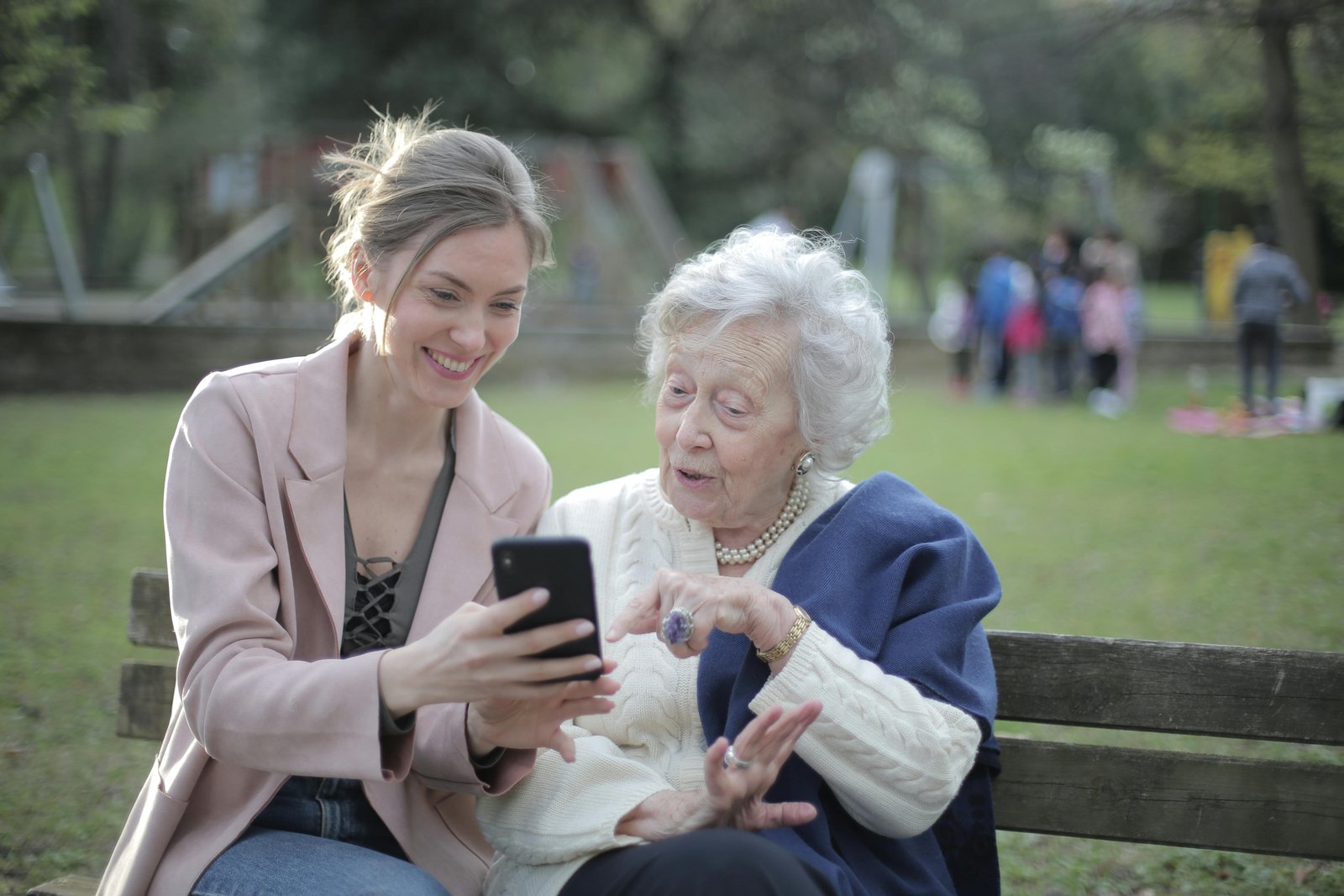Overseas caregivers are foremost in demand in the eldely care sector. Local workforces in Europe and Asia have a problem with the andgeing population. In Germany and Italy, overseas caregivers are employed to assist elders with daily activities such as preparing food, mobility, medicine supervision, and engagement (Organisation for Economic Cooperation and Development, 2020). In reality, much of the work os about human interaction. In many instances, seniors are left to live alone as families relocate while caregivers help in mitigating the disconnection. Research evidence has shown that interaction is associated with the drive for a positive change in the lives of older people, which is frequently ignored, and the health risks associated with being isolated are abundant (Global Coalition on Aging, 2021). Asia, too, has similar are similar. For instance, Japan has developed targeted strategies to recruit overseas caregivers in response to increasing demand from the elders population and a decreasing supply of younger workers (Lin et al. 2025).
The other area of opportunities as a carer is working as a nanny or a childcare provider abroad. In the Middle East and parts of Asia, many middle and upper class families employ International Nannies to take care of their babies, toddlers and school age children. More often than not, the responsibilities go well beyond simply bathing and feeding. Carers are expected to assist with school pickups, tutoring, and engaging the kids in family-approved recreational and/or educational activities. To expose their children to different cultures and languages, some parents prefer multilingual carers (Hussein et al. 2016). Because of these expectations, daycare overseas aims to support children’s growth and development as well as their safety. This overseas daycare can be a fulfilling opportunity for caregivers who appreciate working with young children and who are open to cultural differences.
The healthcare system, along with personal support services, has been fruitful in creating numerous job opportunities as caregivers internationally. This category of caregivers focuses primarily on persons who are disabled, suffering from chronic conditions, or in need of rehabilitation. Caregivers, in this instance, offer assistance with mobility, personal hygiene, or rehabilitative physical exercises. They may also perform basic health monitoring activities or adhere to the instructions of a nurse or a doctor in a nurse-designed care plan (Inter-American Development Bank [IADB], 2020). Canada and the United Kingdom, for example, are known to have an active recruitment policy for healthcare aides and personal support workers, with a focus on long-term care facilities and rehabilitation centers. The job is not only physically demanding, but also serves caregivers an opportunity to hone sophisticated skills that are accepted and recognized within various healthcare systems and countries.
Beyond these mainstream areas, there are specialized caregiving services that are less visible but equally important. Live-in caregiving, for example, requires the caregiver to live in the same household as the client, offering around-the-clock support. This arrangement is common when clients have advanced medical needs or severe disabilities. Another specialized area is respite care, where caregivers temporarily take over responsibilities so family members can rest or attend to other commitments. There are also opportunities in hospices, assisted living centers, and schools for children with special educational needs (Khan, 2017). Each of these roles requires flexibility and a willingness to tailor care strategies to individuals with unique requirements.
How to begin is an issue frequently addressed by people looking into caregiving possibilities abroad. Meeting the legal and professional criteria of the target nation usually represents the first step. While certain nations emphasise work experience over qualifications, others might require formal carer training or certification. Candidates with first aid expertise, organisational skills, and effective communication abilities are often sought after by employers. The gentler traits—resilience, empathy, and patience—are also crucial (IADB, 2020). Because family, health, and caregiving customs might differ greatly, carers also need to be culturally adaptive. For example, in Japan, training programs for foreign carers include language and cultural orientation in addition to healthcare skills (Lin et al., 2025).
For a carer, going abroad is not simply “finding employment,” but the first step in an international career. Some carers move to become supervisors, qualified nurses or trainers for new carers (Global Coalition on Ageing, 2021). And the job is rewarding in its own way. “Pain is just part of the game,” Riquelme says, adding that the rewards associated with bonding with those he assists can run deep, as well as the chance to immerse himself in new cultures. Some of the overseas caregiver positions even offer food, lodging and so forth in their compensation, which makes the foreign job locations irresistible.
Overseas working is not merely a means of getting a job for a carer, it is the commencement of a world career. Some of those caregiving may advance to the supervisory level, to completion of a nursing degree, or may be trained new caregivers (Global Coalition on Ageing 2021). Not only is the work rewarding. Caretakers say they experience the joy of making connections with those they serve as well as a chance to be exposed to new cultures. Moreover, some overseas caregiver jobs have lodging, food, and other cost benefits -- so no wonder it is popular to fill them.
In summary, a variety of types of caregiving overseas are available ranging from elderly care to personal well-being, health or child care specific needs and more specific positions such as live in or conduct respite care. The positions offer various kinds of caregiving abroad and are part of a growing industry fueled by international demographic shifts. It also takes skills that consider the emotional as well as the technical, but personal competencies may be even more critical for jobs in international caregiving. People can learn about the caring skills needed abroad and prepare themselves to address those needs, creating rewarding jobs and improving the lives of families and communities around the world.

